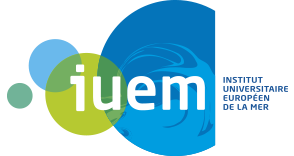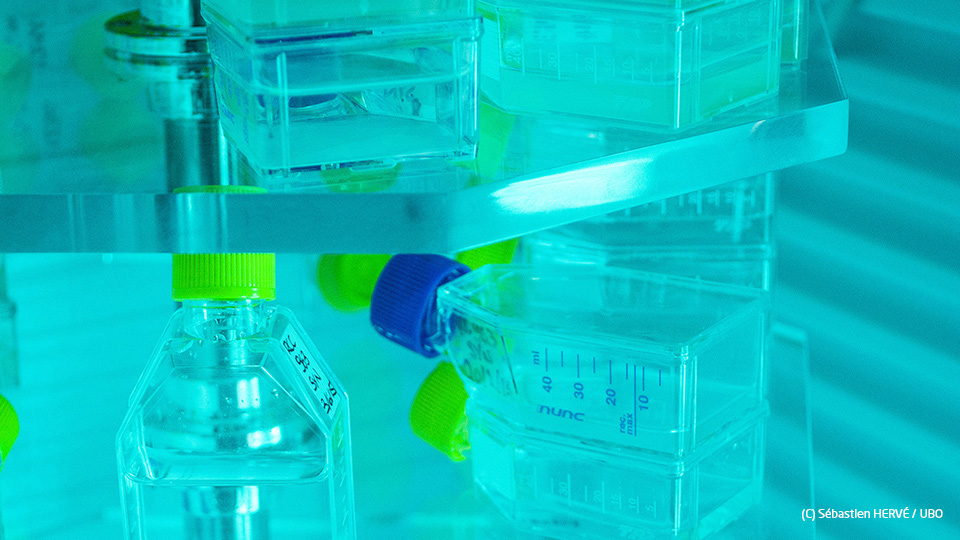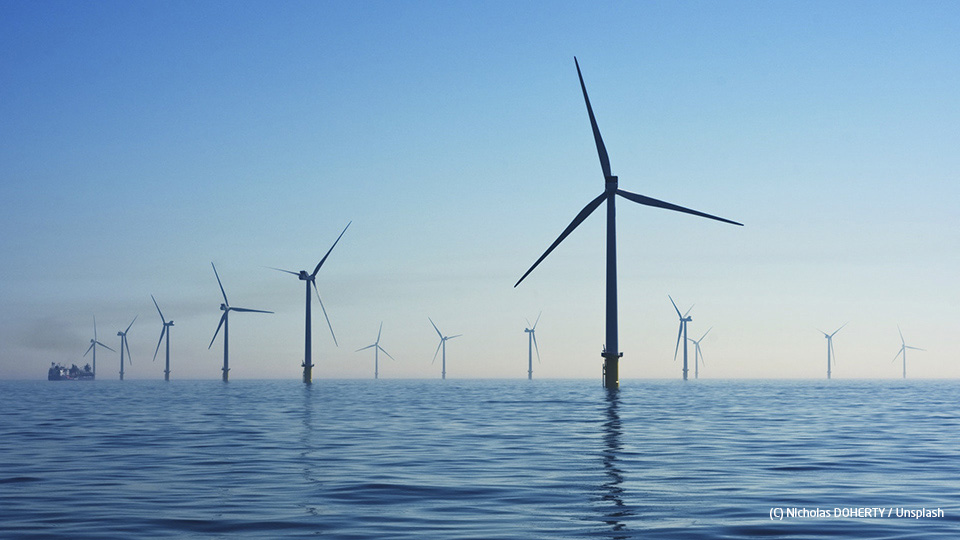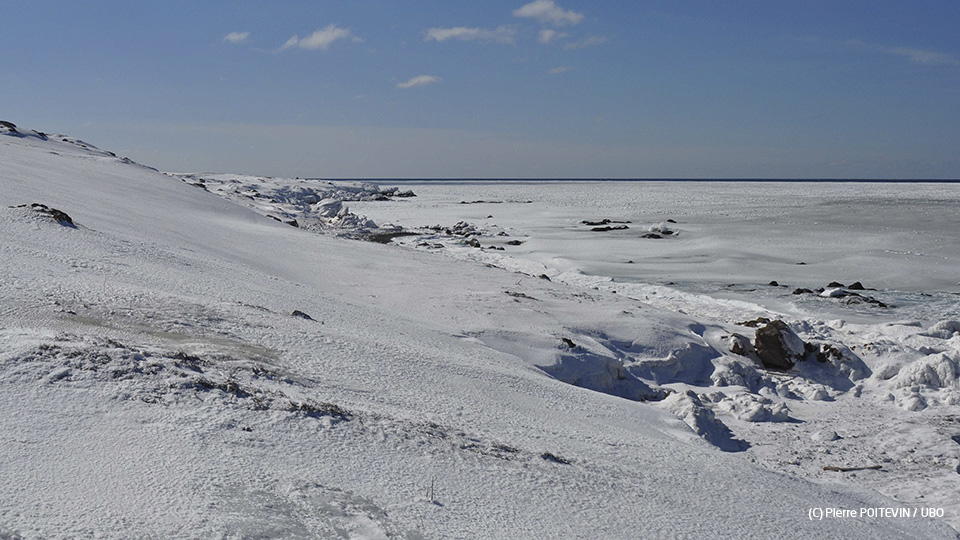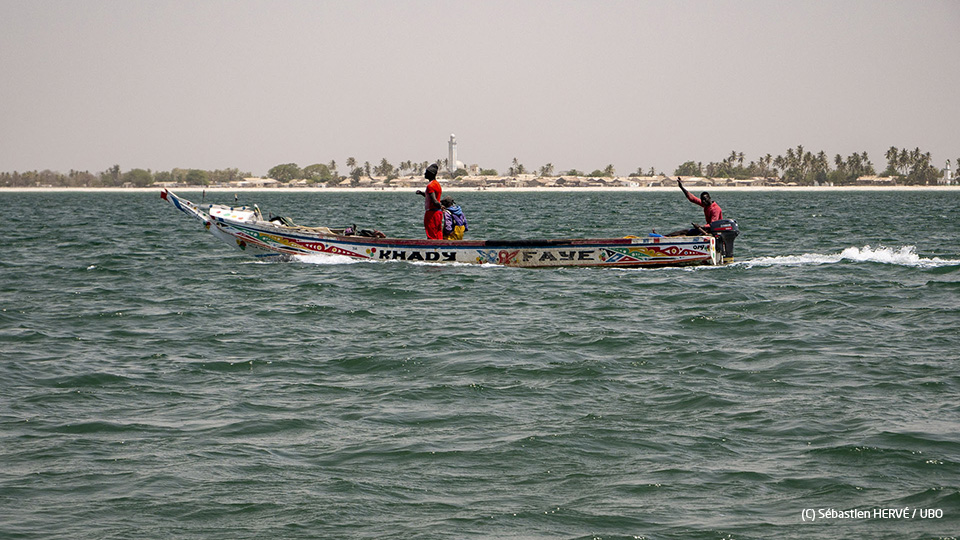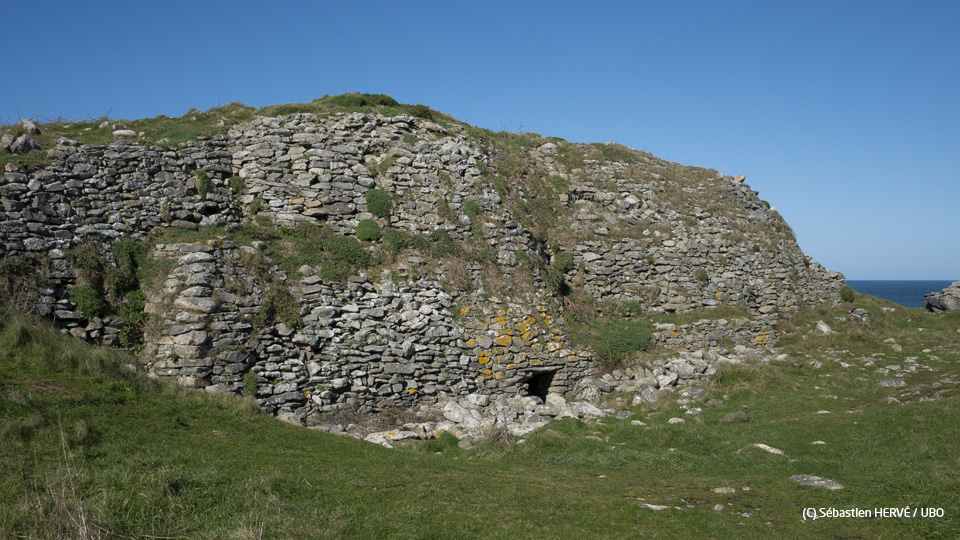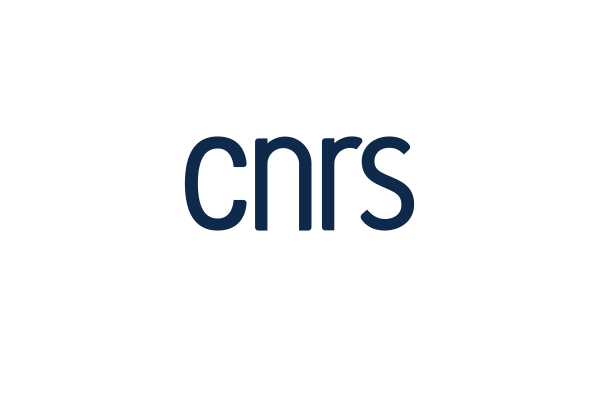IUEM federates the research units by leading five cross-disciplinary thematic research areas.
Marine biotechnologies
- Chemical ecology and its biotechnological applications
- Biomimetic approaches to the development of biologically active polymers and biocompatible materials
- Bioremediation
- Combating shellfish pathogens: developing anti-biofilm strategies
- Developing lipids specific to the marine environment
- Enhancing marine bio-chimiodiversity in human health: Sea-Health.
New uses and renewable energy
- Long-term observation of extreme environments (weather, currents) using moorings or instrumentation from installed wind or tidal devices
- Re-examination of sites sampled several decades ago
- Increasing our expertise on environmental monitoring committees, scientific councils, steering committees and future marine renewable energy networks
- Supporting the implementation and monitoring of the effectiveness of avoidance, reduction and compensation (ERC) measures
- Improving knowledge of the marine environment through R&D and fundamental studies on environmental and socio-economic issues
- Making the most of the results of these studies and monitoring the effectiveness of the measures.
Polar research
- Consolidating knowledge on the consequences of climate change in the atmosphere, cryosphere and ocean and the changes it implies for polar marine ecological dynamics.
- Measuring the impact of research and new activities by economic players attracted to the polar regions, as well as conflicts of use between activities, on the ecosystem and the inhabitants of the North.
- Transferring the skills acquired in temperate and tropical environments on anthropogenic impacts to the poles
- Inventory of coastal habitats in Greenland
- Understanding aspects of the evolution of Arctic and Antarctic phytoplankton dynamics
- Estimating the impact of melting permafrost on coastal ecosystems and the resilience potential of benthic ecosystems
- Understanding and describing the new biogeochemical landscape of the Arctic Ocean.
Global South
- Knowledge and sharing of the tools made available by all the employing institutions to encourage action in the Global South
- Encouraging and supporting the establishment of cooperative ventures in the Global South
- Exchanging experiences between the various players in the Global South
- Encouraging interaction between IRD’s structuring mechanisms
- Commitment to a scientific strategy that integrates the observation dimension into research work.
Historical and prehistorical dynamics
- This area concerns any retrospective exploration initiative that enables time series to be extended beyond instrumented monitoring. In particular, methods can be based on fossil archives (sediments, shells, speleothems), ancient documents (maps, books, testimonies), or modelling exercises (currents, physical and geochemical properties, hydrological parameters).
- Understanding the interactions between human groups and their environments during the Holocene in the broadest sense, whatever the geographical area studied.
- Strong support for palaeoenvironmental and geoarchaeological studies over the long term ((multi-)secular to (multi-)millennia) on a local or regional scale, encompassing the ZABrI initiatives, and also extended to other geographical sectors.
- Integration of instrumental and historical data in the understanding of secular to multi-secular environmental dynamics (environmental retro-observation), making it possible to discuss the past to present trajectories of socio-ecosystems over the long term.
